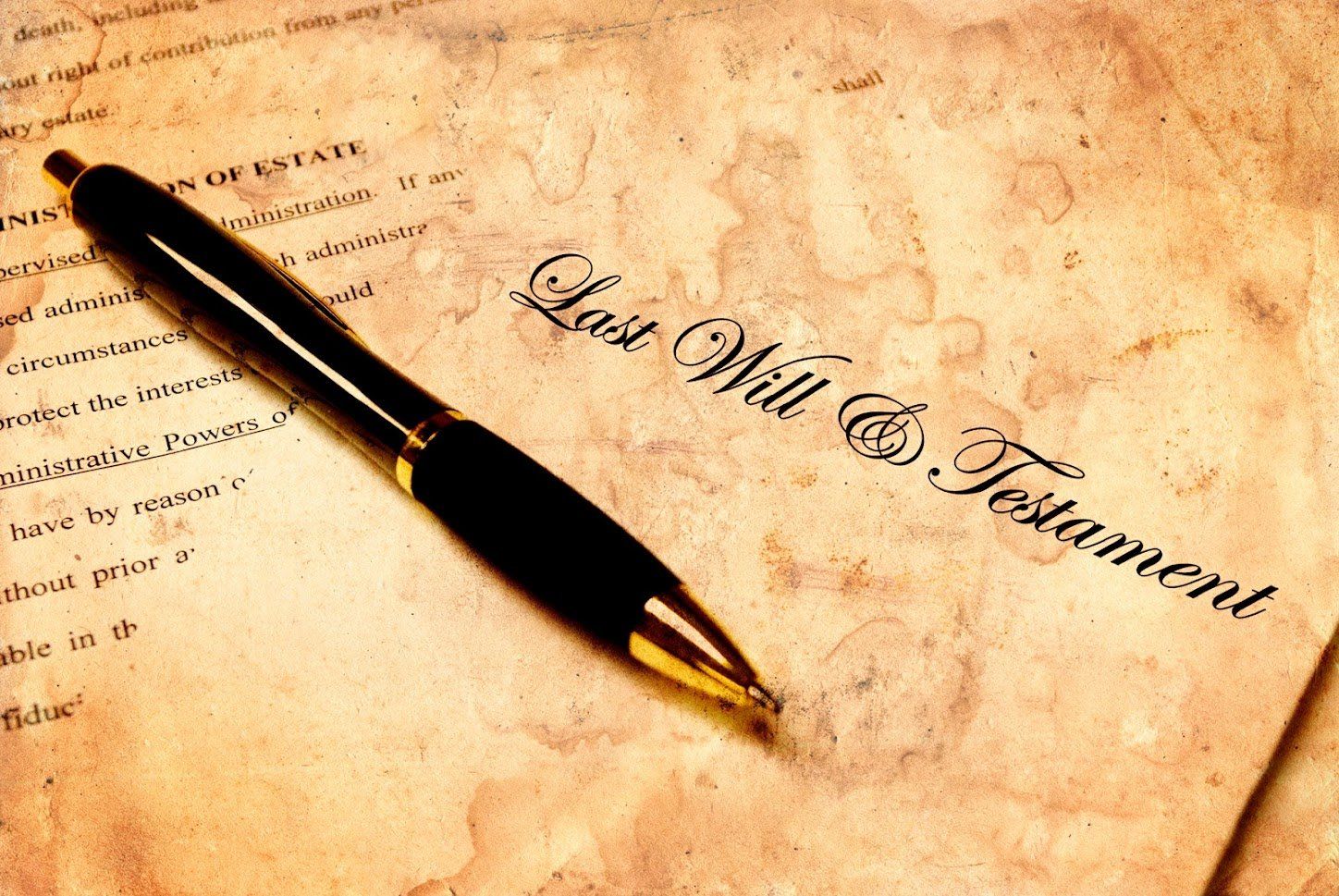4 Things You Need to Know About Estate Planning
An estate plan ensures you distribute your assets to the designated loved ones as per your wishes once you are gone. It doesn't matter how rich or poor you are, but you need to ensure you organize your affairs well enough before your death. Here are some crucial points you need to understand as you work on your estate plan.
1. Draft and Sign Your Legal Will
Before you write your will, you need to take inventory of your assets and liabilities. Then, itemize and categorize each item to ease the distribution process. Once you have a list of every item, consider listing your beneficiaries. Then, match the items to the beneficiaries.
Ensure you work on how you want to settle your debts when you are gone. Collect your credit card, mortgage, and loan information and documents to help them understand how they can work around paying up the debts. Having the contract information embedded in the document will give people more clarity on how they are to execute your instructions.
Get an update on your insurance and retirement accounts. These accounts and policies will often pass down the benefits to the listed beneficiaries. It will align your preferences to those of the will. You should understand that the will cannot override the information you give in these accounts.
Once you sort out this information, you can draft your will with a clear picture of your assets. Make sure you have valid witnesses and use consistent and straightforward language. There are other ways of validating your will with online software packages, making the process easier.
A will becomes legal once signed in the presence of two nonrelative witnesses. If you fail to do so, people will question its legitimacy when presented in any reading of the will or court hearing.
Be keen to investigate estate taxes that can cost you your assets. An estate attorney can help you understand how to minimize these taxes. Keep a copy of the will. The estate administrator should also have a copy.
2. The State Can Act on Your Behalf Without a Durable Power of Attorney
A power of attorney allows someone to act on your behalf if you are mentally or medically incapacitated. For example, if you become incapacitated but people need you to decide on any matter concerning your assets, the POA comes into effect. If there is no POA, the
court will decide on the best action based on the circumstances.
3. You Need To Update Your List of Beneficiaries Regularly
You need to update your beneficiaries regularly. You should edit all your estate plan documents, including your will, medical proxy, power of attorney, and guardianship. You can also include newly acquired assets to ensure the estate plan is updated.
4. Be Keen When Choosing a Guardian and Executor
If you have offspring who are minors, you need to specify a guardian who will take care of your children's assets until they are of age. Keenly look for a person who will have their best interests at heart. This way, you can ensure the children will get what they deserve.
Have an estate administrator who will carry out your orders as per your will. The executor will have a copy of your signed will which guides them on the asset distribution.
Visit an Estate Attorney to Finalize the Details
Documenting a will is more of an individual's journey. However having an estate attorney walk the journey with you will prove quite helpful. You will get to understand some legal terms like transfer on death and living will documents as well as understand estate taxes that can mess up your estate plan. Contact an estate attorney from Shepherd Law Firm, LLC, to find out more about estate planning.

















